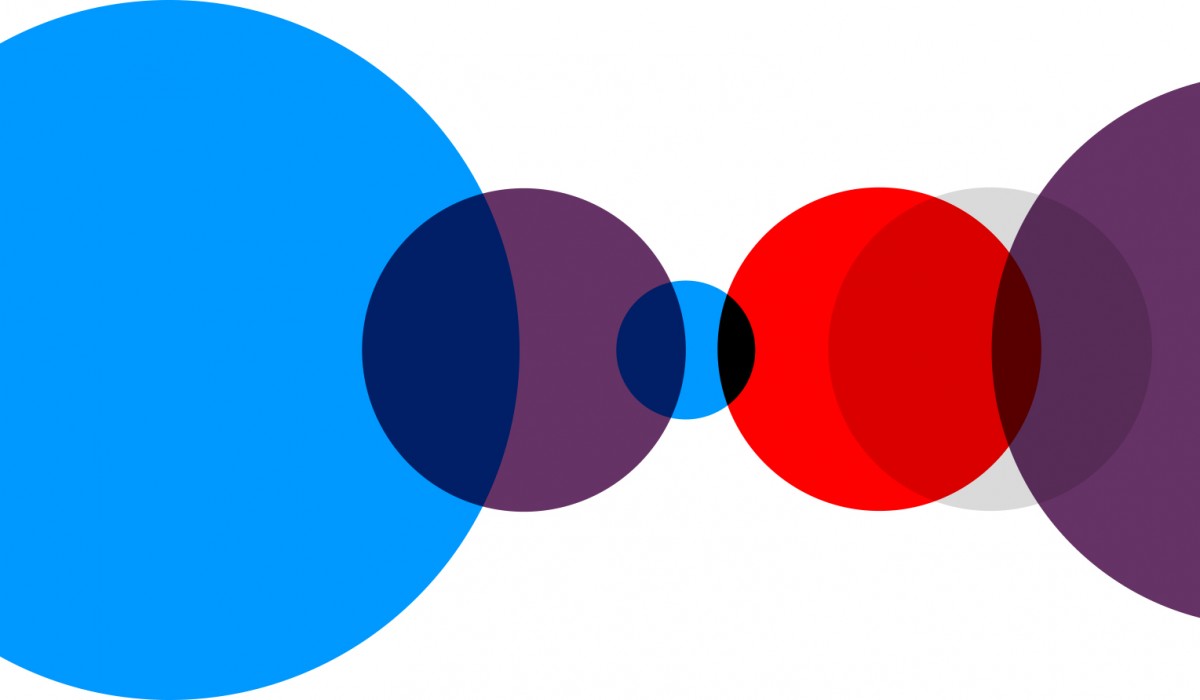This Method Guide discusses the opportunities and challenges linked with international comparisons. Comparative research can help widen the horizon of options for (political) action, enhance the knowledge base, define political priorities, explain differences between countries and understand transnational phenomena. In order to achieve these benefits, research has to be carefully designed with regard to the unit of comparison, the cases to be compared, the definition of functionally equivalent samples, and the practical issues of organizing research in different countries.
Data analysis has to distinguish between at least two levels of analysis: the level of the individual child with the child’s personal characteristics, and the country level with indicators that have been assessed for the whole country. As an important objective of comparative research is to classify countries with respect to the context they provide for children’s online experiences, different approaches to country classifications are discussed, and a conceptual framework proposed to identify relevant country contexts. As an example of good practice, the EU Kids Online approach of comparing existing empirical evidence from different countries is described. Finally, key resources are listed with regard to all relevant dimensions of country contexts.
The guide also includes: checklists with tips for designing, conducting and reporting comparative research, as well as with internationally validated external indicators, a number of relevant case studies, and a list of key resources.
All resources developed by Global Kids Online, including this report, are available under a Creative Commons licence (CC BY-NC) and can be used only for non-commercial purposes and with attribution.
The preferred citation for this report is:
Hasebrink, Uwe (2016) Global and regional comparative analysis of children’s internet use. London: Global Kids Online. Available from: www.globalkidsonline.net/comparative








